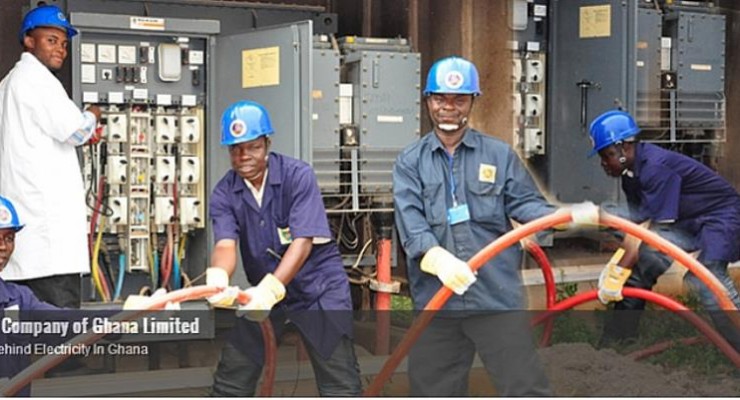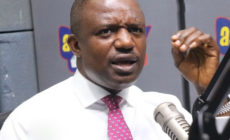We won’t allow privatisation of ECG – CPP
- Posted on
- Comment
 Convention Peoples Party has vowed to solicit assistance from pressure groups across the country, to resist attempts by government to privatize the Electricity Company of Ghana, as a condition for accessing donor support.
Convention Peoples Party has vowed to solicit assistance from pressure groups across the country, to resist attempts by government to privatize the Electricity Company of Ghana, as a condition for accessing donor support.
Communications Director of the party,Nii Akomfrah, last Saturday, said on Joy FM Newsfile, a political analysis program, that “we will oppose it. We will seek the support of the trade unions, students or anybody who will oppose it”.
CPP, Nii Akomfrah
The position of the party follows reports by Joy FM and myjoyonline.com claiming government intends to privatize the energy distribution company as part of a condition to access a second compact of U.S financing assistance known as the the Millennium Challenge Corporation (MCC) operated by the Millennium Development Authority (MiDA).
The total value of the funding, US$535 million, was approved by parliament in its final days of sitting before proceeding on recess.
The second MMC compact has “the ECG Financial and Operational Turnaround Project” which wants “evidence of the Government’s intent to proceed with an Acceptable ECG Private Sector Participation (PSP) Transaction, in a form and substance acceptable to MCC.”
But the Ministry of Energy has denied the reported privatization move. The ministry explained that although the ECG is keen on working with the private sector to improve energy distribution, the sale of the company is not under consideration under the compact.
Sounding a note of caution to government, the CPP Communications Director said, Ghana cannot “continue on the path where either NPP or NDC come and sell strategic assets”.
He also accused MPs who approved the compact of negligence.
“I am surprised at the many MPs who have sat in parliament and approved this and are probably not even sure that what they are approving is the privatisation of ECG”.
The ECG, first created as a department in 1947, is responsible for energy distribution to the Southern sector of Ghana. The company has come under fire along with other energy producing and distribution companies following a painful power rationing exercise since 2012.
By: Edwin Appiah










 (Selorm) |
(Selorm) |  (Nana Kwesi)
(Nana Kwesi)